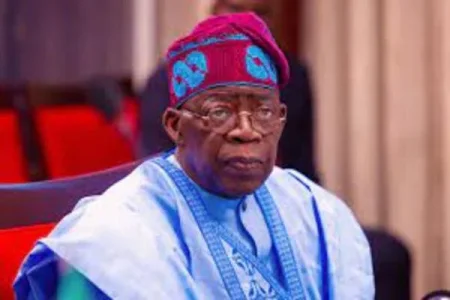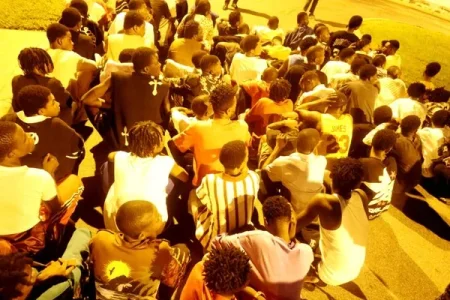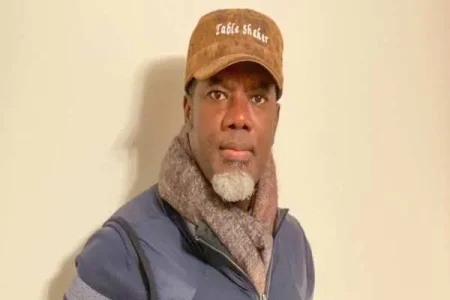
In a bold rejection of the President Bola Tinubu-led administration's decision to relocate key departments of the Central Bank of Nigeria (CBN) and the headquarters of the Federal Airports Authority of Nigeria (FAAN) to Lagos, the Joint-Action Northern Youth Associations, a pro-democracy northern organization, is warning of potential mass action if the decision is not reversed.
The coalition, consisting of 16 civil society organizations in the North, including the Arewa Defence League, Association of Northern Nigeria Students, Arewa Youth for Development and National Unity, Arewa Young Women Rights Advocate Council, Northern Youth in Defence of Democracy, and Arewa Radio and Television Commentators, among others, issued a stern warning against the relocation.
The Joint-Action Committee of Northern Youth Associations, led by Alhaji Murtala Abubakar, declared the move to be illegal, null, and void during a joint press conference held at the Arewa House in Kaduna. Abubakar argued that relocating these key agencies to Lagos not only disrespects the law but also creates a sense of alienation and exclusion for northerners.
At the heart of the disagreement is the assertion that the Federal Government's decision undermines the status and integrity of Abuja as the Federal Capital and the seat of government. The youth association contends that such actions could lead to a dangerous precedent of discrimination, dominion, and marginalization of certain regions.
The call for the Federal Government to intervene and prevail on the agencies to reverse their decisions immediately is coupled with a strong warning that the Joint-Action Northern Youth Associations will employ all available means, including legal, political, and civil actions, to resist the relocation. Alhaji Murtala Abubakar emphasized the commitment to ensuring that federal institutions and agencies are adequately funded and staffed in Abuja, reiterating that their resistance is not against Lagos or any other part of the country but against any perceived form of discrimination and marginalization.
As tensions escalate, the nation watches closely to see how the government responds to this challenge to its authority and the potential impact on national unity. The outcome of this dispute may shape the future dynamics of regional relationships within Nigeria.




